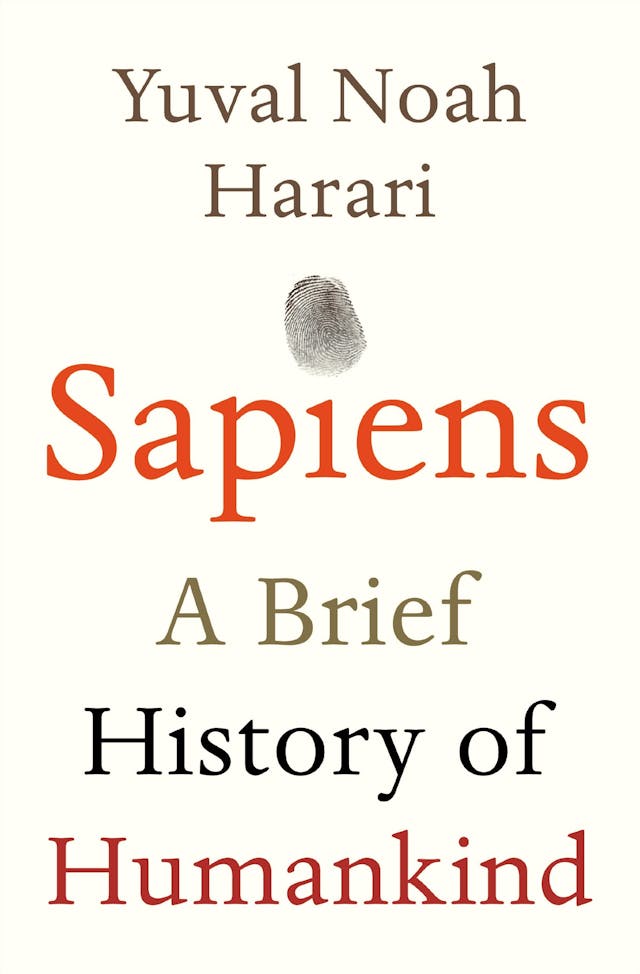What If? Serious Scientific Answers to Absurd Hypothetical Questions Summary
Key Takeaways
- Science can be both enlightening and entertaining when exploring theoretical and outlandish scenarios.
- Complex scientific principles can be understood better through imaginative and hypothetical questions.
- Curiosity drives scientific discovery, even through seemingly absurd questions.
- Theoretical scenarios, no matter how improbable, can offer insights into the laws of physics and other sciences.
- Humor is an effective tool for making complex information accessible and engaging.
🌿 ReflectBay
Overthinking again?
You're not too much. You're just overwhelmed and it's okay. We help you untangle the noise and feel calmer.
We'll help you...
Summary
Randall Munroe’s 'What If?' is a delightful blend of humor and science, where he tackles outlandish hypothetical questions with serious scientific acumen. The book is based on his popular webcomic and blog, where he answers questions ranging from the effects of baseball pitched at near-light speed to the possible consequences of draining the oceans.
Each question is approached with rigorous scientific methodology, detailed calculations, and clear explanations, all presented with Munroe’s trademark wit. This method makes esoteric scientific concepts accessible and enjoyable for readers of all backgrounds.
The book also includes new questions and answers, providing fresh content that encourages readers to think creatively about science and its impact on everyday life.
‘What If?’ is not just an educational resource; it’s a testament to the fun of scientific inquiry and the endless human imagination. It’s perfect for anyone who enjoys pondering the weirder aspects of science and appreciates the humor in the hypothetical.
Also recommended

Sapiens: A Brief History of Humankind
Yuval Noah Harari
A Short History of Nearly Everything
Bill Bryson
